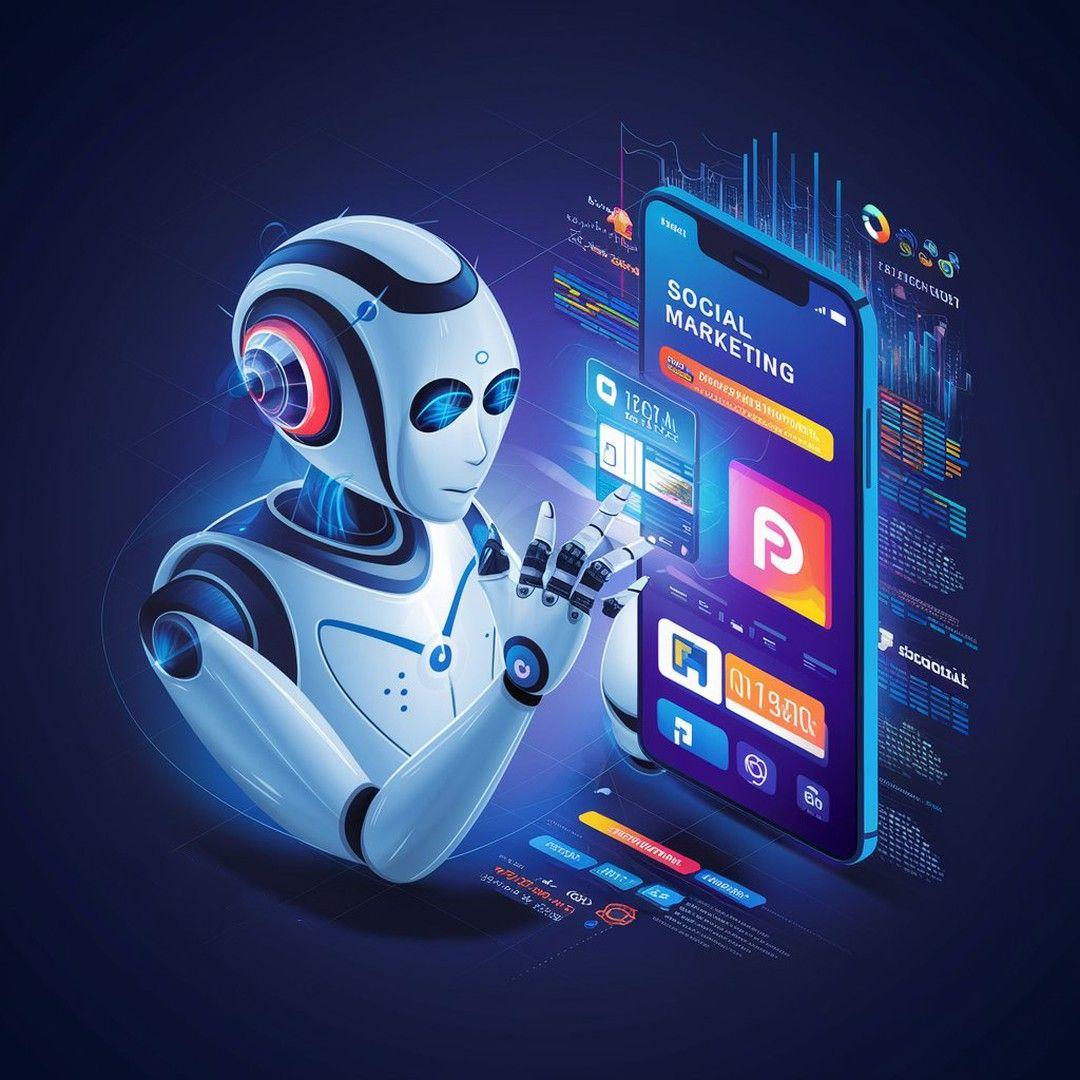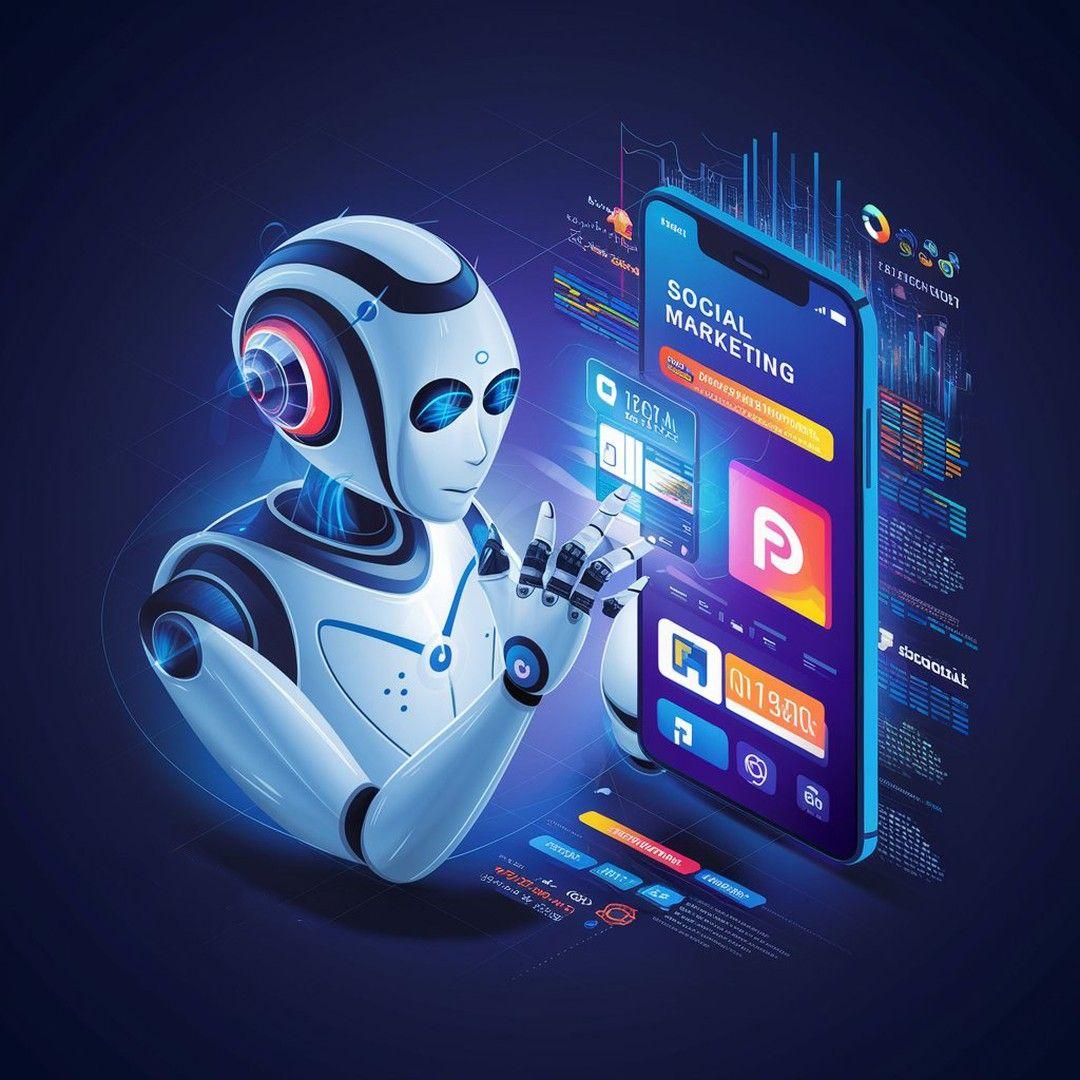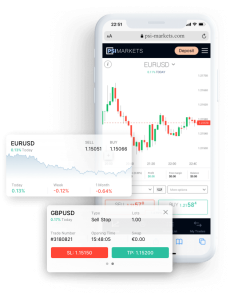The Role of AI in Modern Marketing Campaigns

In today's rapidly evolving digital landscape, Artificial Intelligence (AI) is no longer a futuristic concept — it's a present-day powerhouse transforming how businesses approach marketing. From customer insights to personalized experiences, AI is reshaping strategies, streamlining processes, and delivering results like never before. In this blog, we’ll explore how AI is revolutionizing modern marketing campaigns, its key benefits, and examples of how it’s being used effectively.
What Is AI in Marketing?
AI in marketing refers to the use of machine learning algorithms, data analytics, and automation tools to optimize marketing strategies. These technologies allow businesses to analyze large volumes of data, predict customer behavior, automate content delivery, and enhance the overall user experience.
Some common applications include:
-
Chatbots for customer support
-
Predictive analytics for campaign optimization
-
Personalization engines for content and product recommendations
-
Automated email marketing
-
Real-time bidding in advertising
Why AI Matters in Modern Marketing
Modern consumers expect faster, smarter, and more personalized experiences. Traditional marketing approaches are no longer enough to meet these expectations. This is where AI comes into play — offering data-driven solutions that improve targeting, engagement, and ROI.
Here’s how AI empowers marketers:
1. Enhanced Customer Insights
AI can process vast amounts of customer data (demographics, browsing behavior, purchase history, etc.) to uncover deep insights. These insights help marketers understand their audience better and make informed decisions.
➡️ Example: AI-powered tools like Google Analytics 4 or Adobe Sensei help analyze user behavior across channels and provide actionable recommendations.
2. Personalized Experiences
AI allows brands to tailor content, emails, ads, and product recommendations based on individual preferences and behaviors. Personalization boosts customer satisfaction and increases conversion rates.
➡️ Example: Netflix and Amazon use AI algorithms to recommend content and products users are likely to enjoy, increasing engagement and repeat visits.
3. Predictive Analytics
AI can predict future customer actions using historical data. This helps marketers create proactive strategies, such as sending reminders before a subscription ends or recommending complementary products post-purchase.
➡️ Example: E-commerce platforms use predictive models to determine the best time and platform to target a customer with a particular offer.
4. Chatbots and Virtual Assistants
AI-powered chatbots provide 24/7 customer support, answer queries instantly, and guide users through the sales funnel. They improve response times and reduce the burden on human support teams.
➡️ Example: Many businesses use tools like ChatGPT, Drift, or Intercom to engage website visitors and boost lead conversion.
5. Automated Campaigns
AI can automate repetitive tasks like scheduling social media posts, sending emails, or managing ad bids. This frees up time for marketers to focus on strategy and creativity.
➡️ Example: Platforms like Mailchimp or HubSpot offer AI-driven automation features that adapt based on user behavior.
Benefits of AI in Marketing Campaigns
Implementing AI in your marketing strategy can unlock several advantages:
✅ Improved Efficiency
AI handles time-consuming tasks, enabling marketing teams to focus on high-level strategy and creative work.
✅ Higher ROI
AI helps optimize budgets by targeting the right audience at the right time with the right message — leading to better returns on ad spend.
✅ Real-Time Optimization
Unlike traditional methods, AI can make real-time adjustments to campaigns based on live data, ensuring maximum performance.
✅ Consistent Messaging
AI tools maintain brand voice across all platforms and campaigns, ensuring consistent communication.
✅ Scalability
AI systems can handle large volumes of data and audiences without requiring additional manpower, making it easier to scale campaigns.
Real-World Examples of AI in Marketing
Here are a few brands leveraging AI successfully:
🔹 Coca-Cola
Coca-Cola uses AI to analyze customer preferences and trends. They use this data to develop new flavors and design targeted ad campaigns.
🔹 Spotify
Spotify’s AI algorithms analyze listening habits to curate personalized playlists, such as Discover Weekly, keeping users engaged.
🔹 Sephora
Sephora uses AI-powered chatbots to offer makeup tutorials, recommend products, and provide a seamless shopping experience.
Challenges and Considerations
While AI brings powerful benefits, it’s not without challenges:
🔸 Data Privacy
Collecting and processing customer data raises concerns about privacy. Marketers must ensure they follow data protection regulations like GDPR.
🔸 Human Oversight
AI can misinterpret data or make biased decisions. Human involvement is essential for ethical use and strategic alignment.
🔸 Cost and Implementation
Smaller businesses may face challenges in adopting AI due to high initial costs or lack of technical expertise.
The Future of AI in Marketing
The future of marketing will be heavily influenced by generative AI, voice assistants, AR/VR integration, and hyper-personalization. As AI continues to evolve, marketing campaigns will become even more data-driven, dynamic, and customer-centric.
Marketers who embrace AI early will gain a competitive edge — not by replacing human creativity, but by enhancing it with smarter, faster decision-making tools.
My Thoughts
AI is not just a trend — it’s the backbone of modern marketing campaigns. From better targeting and personalization to automation and optimization, AI is transforming the way businesses connect with their audiences.
Whether you're a small brand or a global enterprise, understanding and integrating AI into your marketing strategy is crucial for staying relevant and competitive in the digital age.
Ready to unlock the power of AI in your marketing? Start small with tools like chatbots or automated email workflows, and gradually scale as you learn. The future of marketing is here — and it’s intelligent.
Connect for campaign ideas.







